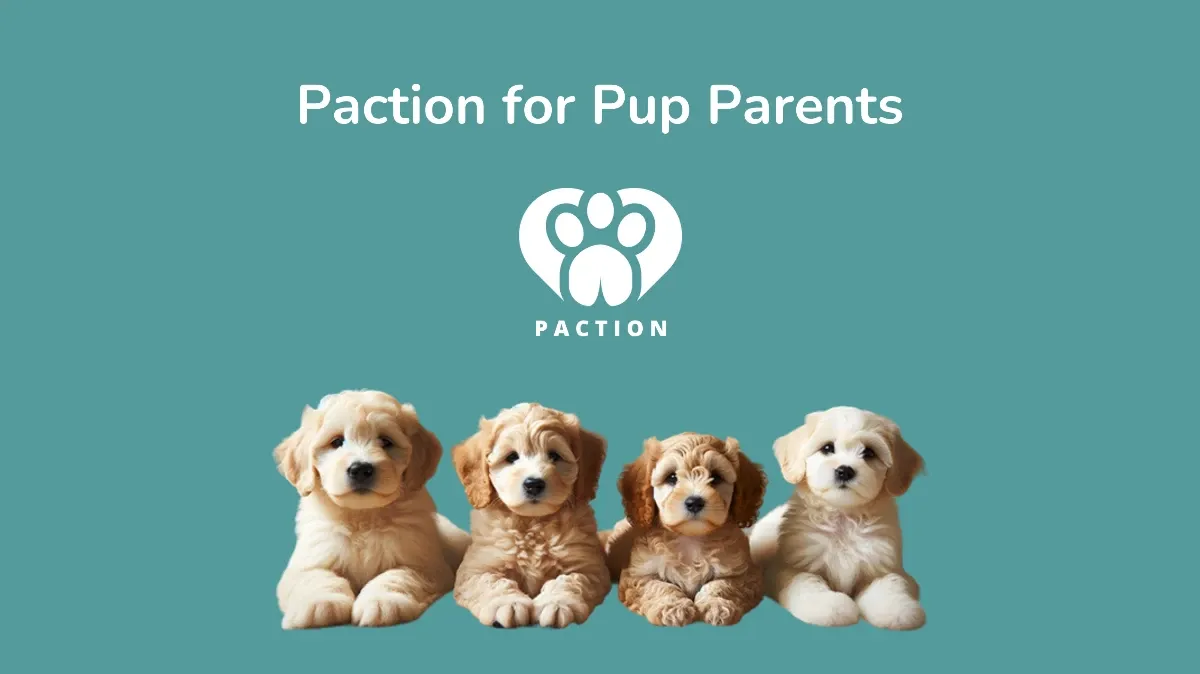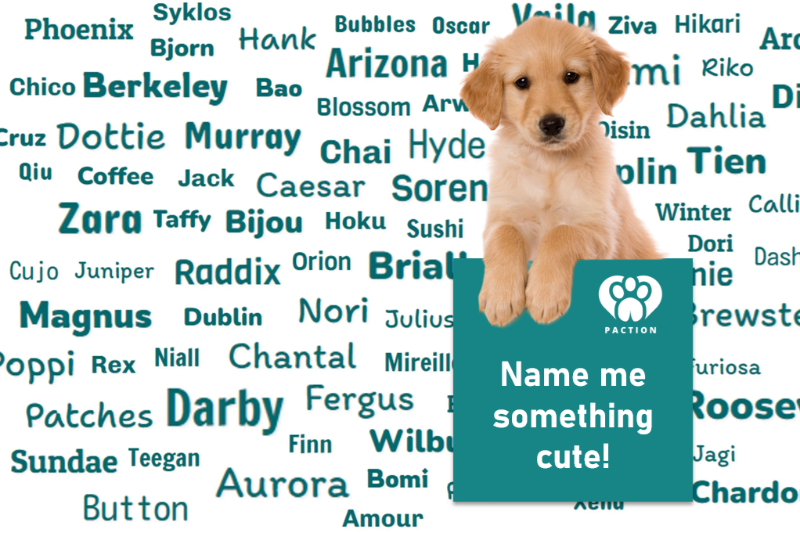Beagle
Paw Prints 🐾

Find Beagle Breeders Near You
Connect with certified breeders who have Beagle puppies available.
Find Beagle BreedersGet to Know Beagles
- Incredible Sense of Smell: Beagles have one of the most powerful senses of smell among dog breeds. Their noses have about 220 million scent receptors (compared to 5 million in humans), making them exceptional at tracking scents. This ability has historically made them popular as detection dogs in airports and for hunting small game.
- Iconic Howl: Beagles are known for their distinctive howl, often referred to as a "bay." This vocal trait was developed to help hunters locate them when they were on a scent trail, and today, it’s one of their most recognizable characteristics.
- Ancient Lineage: Beagles have a long history dating back to ancient Greece, where small hounds similar to Beagles were used for hunting. The breed as we know it was refined in England, where they became popular among the gentry for hunting hare.
- Friendly and Social: Beagles are known for their friendly and social nature. They are excellent with children and other pets, making them popular family dogs. Their playful and affectionate demeanor endears them to people of all ages.
- Compact and Sturdy: Beagles are a small to medium-sized breed, typically weighing between 20 to 30 pounds, but they are surprisingly sturdy and strong for their size. Their compact build and endurance make them well-suited for long periods of activity, such as hiking or extended play sessions.
Breed History
The Beagle is an ancient breed that traces its roots back to Roman times, when similar small hounds were used for hunting small game like rabbits and hares. Modern Beagles, as we know them today, were developed in England during the 19th century through a combination of hounds, including the Harrier and other small hunting dogs. Beagles were bred for their keen sense of smell and strong hunting instinct, making them excellent scent hounds. Their compact size, boundless energy, and determination to follow a scent have made them popular hunting dogs for generations, and today, Beagles are cherished as both hunting companions and family pets.
Personality and Behaviour
- Friendly and Sociable: Beagles are renowned for their friendly disposition and love for people. They tend to get along well with children and other animals, making them a great addition to families. Their affectionate nature means they enjoy being part of the family and are often described as "people-oriented."
- Curious and Intelligent: Beagles are highly curious and have a strong desire to explore their surroundings. This inquisitiveness, combined with their intelligence, makes them great problem solvers, but it can also lead to a stubborn streak when they’re determined to follow a scent. Their keen noses make them excellent scent hounds, which is why they are often used for detecting contraband at airports and customs.
- Playful and Energetic: Beagles are active and playful dogs that enjoy physical activities and playtime. They have boundless energy, making them a good fit for families or individuals who can provide them with daily exercise and play. They are known to be vocal, with a distinctive bark or howl, especially when they pick up an interesting scent or when they feel excited.
Care
- Exercise: Beagles are energetic and require regular physical activity to stay healthy and happy. They enjoy activities like long walks, runs, and games of fetch. Without adequate exercise, they can become bored and exhibit unwanted behaviors, such as excessive barking or chewing. Beagles also enjoy activities that engage their sense of smell, such as scent games and puzzle toys that challenge their tracking abilities. Aim for at least 1–2 hours of exercise each day to keep them stimulated and well-behaved.
- Grooming: Beagles have a short, dense coat that is relatively low-maintenance compared to long-haired breeds. Regular brushing, ideally once or twice a week, helps remove loose hairs and keeps their coat healthy. They are moderate shedders, with increased shedding in the spring and fall. Routine grooming should also include checking their ears (as their floppy ears can trap moisture and debris), trimming their nails, and maintaining good dental hygiene to prevent oral health issues.
- Training and Socialization: Beagles are intelligent but can be independent and stubborn due to their strong hunting instinct. This can make training a challenge, but consistent, positive reinforcement methods work best. Early socialization is essential to help them become well-adjusted and confident adults. Exposing them to different people, animals, and environments helps them build a balanced temperament and prevents potential shyness or overexcitement around new experiences. Beagles thrive on attention and interactive training sessions that incorporate their natural love of scent work and problem-solving.
Beagle Summary
What to ask your breeder?
Here's a short summary of what you should be asking your breeder:
Beagle Health Testing
| Screening | Considerations |
|---|---|
| Hip Dysplasia | OFA Radiographic Hip Evaluation. PennHIP Evaluation. |
| ACVO Eye Exam | ACVO Eye Examination. |
| Musladin-Lueke Syndrome (MLS) | DNA-based MLS test from an approved Lab. |
| Cardiac Evaluation | Standard Congenital Cardiac Exam. Advanced Cardiac Exam. Basic Cardiac Exam. |
| Autoimmune thyroiditis | Autoimmune Thyroditis Evaluation from an approved Lab. (minimum age 24 months). |
| Advanced Cardiac Evaluation | (Optional but recommended) Advanced Cardiac Exam. |
| Patellar Luxation | (Optional but recommended) Veterinary Evaluation of Patellar Luxation (minimum age 1 year). |
| Lafora Epilepsy | (Optional but recommended) DNA-based test from an accepted Lab. |
| FACTOR VII Deficiency | (Optional but recommended) DNA-based test from an accepted Lab. |
| Neonatal Cerebellar Cortical Degeneration | (Optional but recommended) DNA-based test from an accepted Lab. |
How Much Does It Cost to Own a Beagle Per Year?
Determining the cost of owning a Beagle is essential for responsible dog ownership. Use our calculator to estimate expenses, including food, grooming, veterinary care, and more.
The Ultimate Dog Cost Calculator
 Calculate Now
Calculate NowFrequently Asked Questions About Beagle
When you talk to a breeder, you're not just asking “do you have available Beagle puppies?” You're looking for a match in the process of rehoming a dog. As a prospective dog owner, you are assessing how predictable the dog's health, temperament, and long-term welfare will be and whether the breeder's practices reduce avoidable risk.
You should engage in a conversation about the following topics:
- Which health tests and genetic screening do you do specifically for Beagle, and can I see the results?
- What do you do if a puppy develops a serious genetic condition? What contract, policies and support do you offer as a breeder?
- How are puppies raised from birth to 8+ weeks? Ask about socialization, philosophies on early neurological development, handling, and exposure.
The real cost of a dog isn't just the puppy price. After year one, the cost of a dog includes the predictable annual costs + the unpredictable “risk costs.” Your goal is to make the cost legible before you commit, as one of the top causes of surrendering a dog is not being able to afford the dog in later years.
To help you assess these costs, Paction has created the Ultimate Cost Calculator. You can also read an article written by a Paction breeder on why a prospective dog owner should focus on the ongoing costs of dog ownership and not “how much” the puppy costs.
Every dog breed has certain health issues that tend to occur more often, but what matters most is how predictable and preventable those risks are. For many breeds, common concerns include inherited conditions (such as orthopedic, eye, or cardiac issues) as well as lifestyle-related challenges like weight management, dental health, skin or ear problems, and anxiety.
Responsible breeders help reduce inherited risk through appropriate health testing, careful selection of breeding pairs, and transparency about family history. To understand more about responsible breeding programs that prioritize health and genetic screening of breeding pairs, check out Making Science Simple: Canine Genetics for Puppy Shoppers.
As an owner, you play an equally important role. Consistent preventive veterinary care, proper exercise and enrichment, healthy nutrition, and early screening can significantly improve long-term health outcomes.
Whether a Beagle is right for you depends less on the breed itself and more on how well its typical energy level, temperament, and care needs align with your daily life. Important factors include your schedule and activity level, living environment, household dynamics (such as children, other pets, or allergies), and tolerance for noise or independence. Long-term fit also comes down to maintenance like grooming, training needs, and how often you travel or rely on outside dog care.
Use Paction's Dog Breed Matchmaker and Pup Time Estimator to find out more about what dog is right for you.


